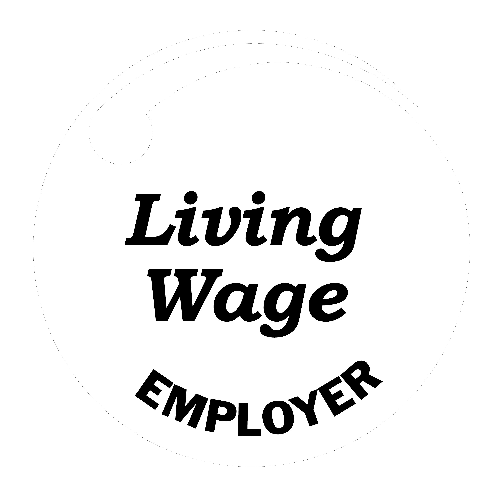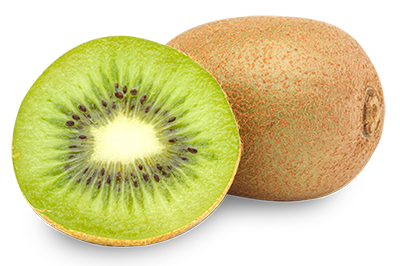Bloating causes and prevention
Bloating, the swelling/distension of the belly, is a common and often uncomfortable experience for many people. Bloating can also be accompanied by burping, flatulence, abdominal discomfort/pain and a feeling of fullness.
The most common cause of bloating is increased intestinal gas. As we and our resident gut microbiota digest the food we eat, gas is produced. Normally this is passed easily via burping or farting, and most people will produce 0.5 – 1.5 L of gas a day, passing it about 14 times a day1! It typically comprises a mixture of odourless gases – carbon dioxide, oxygen, nitrogen and hydrogen, and sometimes methane. Some of our gut bacteria can also release sulphur-containing gas which leads to those egg-smelling emissions!

Gas usually arises from two sources:
- Swallowing air! Eating or drinking too fast, using a straw, chewing gum and smoking can lead to air being swallowed. The easiest way for this to leave again is through burping, but some will also make its way through the gastrointestinal tract and exit through the rear.
- Your gut bacteria doing their job! Our resident gut bacteria ferment the carbohydrates (namely dietary fibre) that we cannot digest ourselves as we don’t have the right enzymes to do so. In the colon (large intestine), the bacteria break down the dietary fibre to produce hydrogen, carbon dioxide and methane.
Eating certain foods can also make you more bloated/gassy than others. Everyone is different though and what may make one person bloated and fart, may not have an effect on another. The most common food ‘triggers’ are those that contain:
- FODMAPs – Fermentable Oligosaccharides, Disaccharides, Monosaccharides And Polyols
- Examples of FODMAPs include:
- Fructose – a sugar found in many fruits and vegetables
- Lactose – a sugar found in dairy products
- Fructans (including fructooligosaccharides and inulin) – found in foods such as agave, artichoke, asparagus, leeks, garlic, onions and wheat
- Galactans, galactoolisaccharides and raffinose – found in legumes, cabbage, broccoli, Brussel sprouts, etc.
- Polyols – sugar alcohols like xylitol, sorbitol, maltitol and mannitol which are naturally found in some fruits and vegetables, but also added to foods as sweeteners.
- Examples of FODMAPs include:
- High fibre
- Whole grains, vegetables and fruits which contain high fibre are great for our health, but if eaten infrequently they can cause gas and bloating.
To help reduce the amount of gas your body and its inhabitants produce, there are some simple tips which try:
- Avoid swallowing too much air by not using straws, drinking carbonated beverages or chewing gum;
- Take your time when eating;
- Modify your diet to avoid your ‘triggers’;
- Include Actazin in your diet:
- Actazin contains a powerful protein-digesting enzyme which enhances the digestion of proteins in the stomach and small intestine which helps to reduce that bloated feeling after a protein-rich meal;
- Actazin also contains complex dietary fibre in the form of kiwifruit pectin which is fermented slowly along the whole length of your large intestine. This means that the gas produced by the bacteria during fermentation is produced slowly. More simple fibres, like inulin and other FODMAPs, are often rapidly fermented early in the large intestine which can cause a buildup of gas quickly resulting in bloating and discomfort.
References:





